The Ultimate Guide To Summer Squash Companion Planting
The Ultimate Guide to Summer Squash Companion Planting
Summer squash is a delicious and versatile vegetable that can be enjoyed in a variety of dishes. But did you know that companion planting can help you grow healthier and more productive summer squash plants?
In this guide, we will discuss the benefits of companion planting, as well as some of the best companion plants for summer squash. We will also cover some of the plants that you should avoid planting near your summer squash plants.
What is Companion Planting?
Companion planting is a gardening technique that involves planting certain types of plants together in order to benefit each other. Some plants attract beneficial insects, while others help to repel pests. Some plants improve the soil quality, while others provide shade or windbreaks.
There are many different companion planting combinations that you can try. Some of the most popular companion plants for summer squash include:
- Beans: Beans are nitrogen-fixing plants, which means that they can help to improve the nitrogen content of the soil. This can benefit summer squash plants, which require a lot of nitrogen to grow.
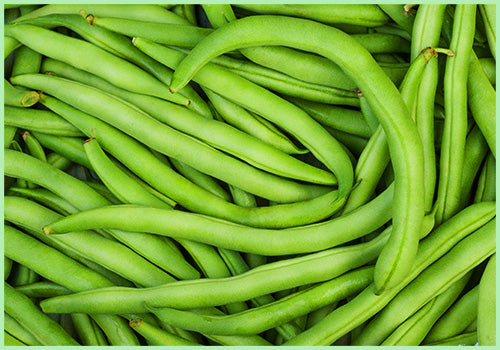
- Corn: Corn provides shade and support for summer squash plants. It also helps to attract beneficial insects, such as ladybugs and parasitic wasps.
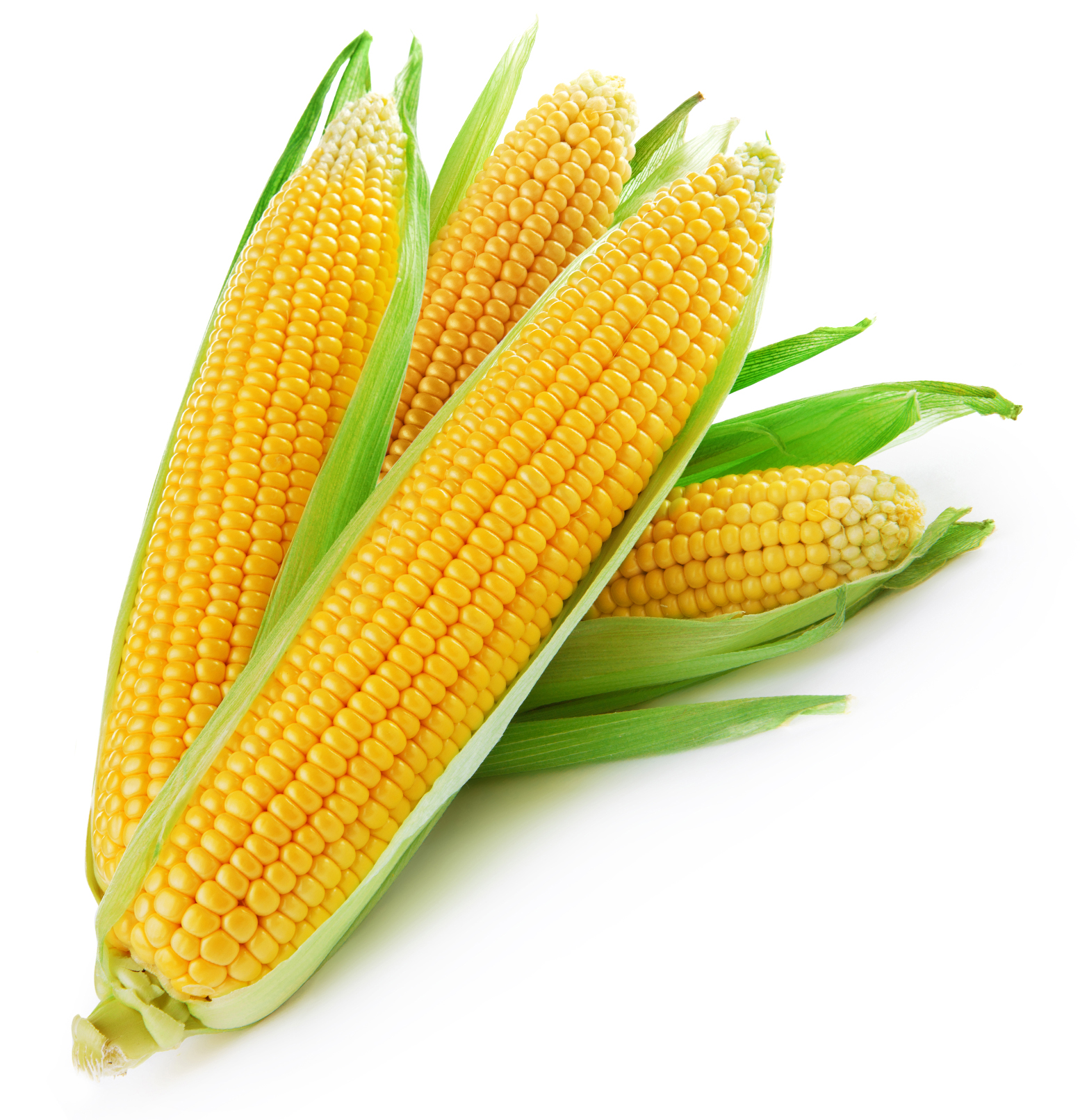
- Marigolds: Marigolds help to repel pests, such as squash bugs and beetles. They also improve the drainage of the soil, which can help to prevent summer squash plants from developing root rot.
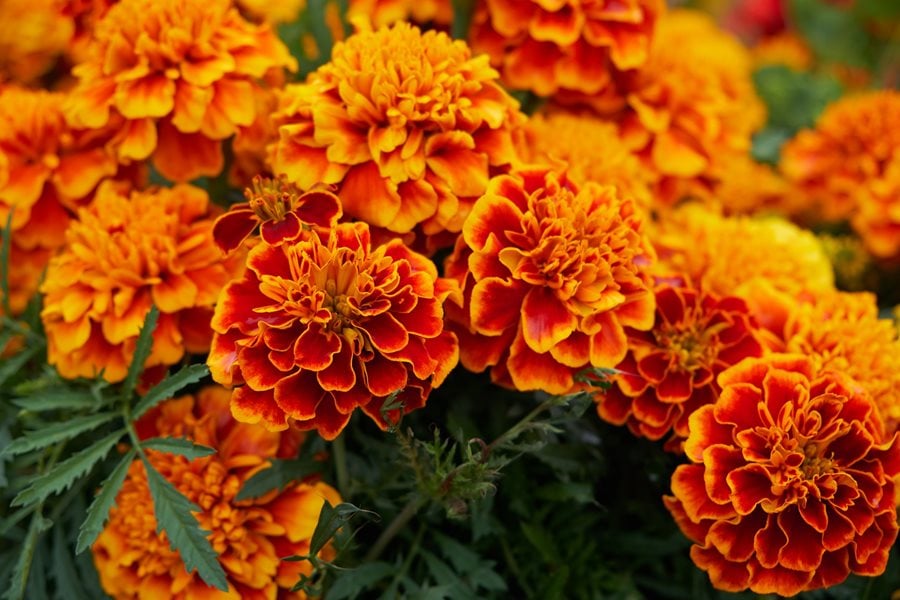
- Nasturtiums: Nasturtiums also help to repel pests, such as aphids and whiteflies. They also attract beneficial insects, such as honeybees and butterflies.
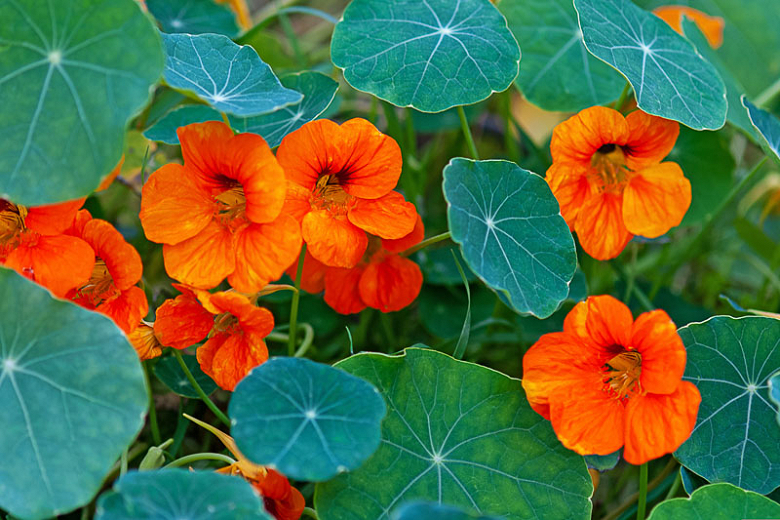
- Peas: Peas are nitrogen-fixing plants, just like beans. They can also help to suppress weeds.

- Sunflowers: Sunflowers help to attract beneficial insects, such as ladybugs and parasitic wasps. They also provide shade for summer squash plants in hot climates.
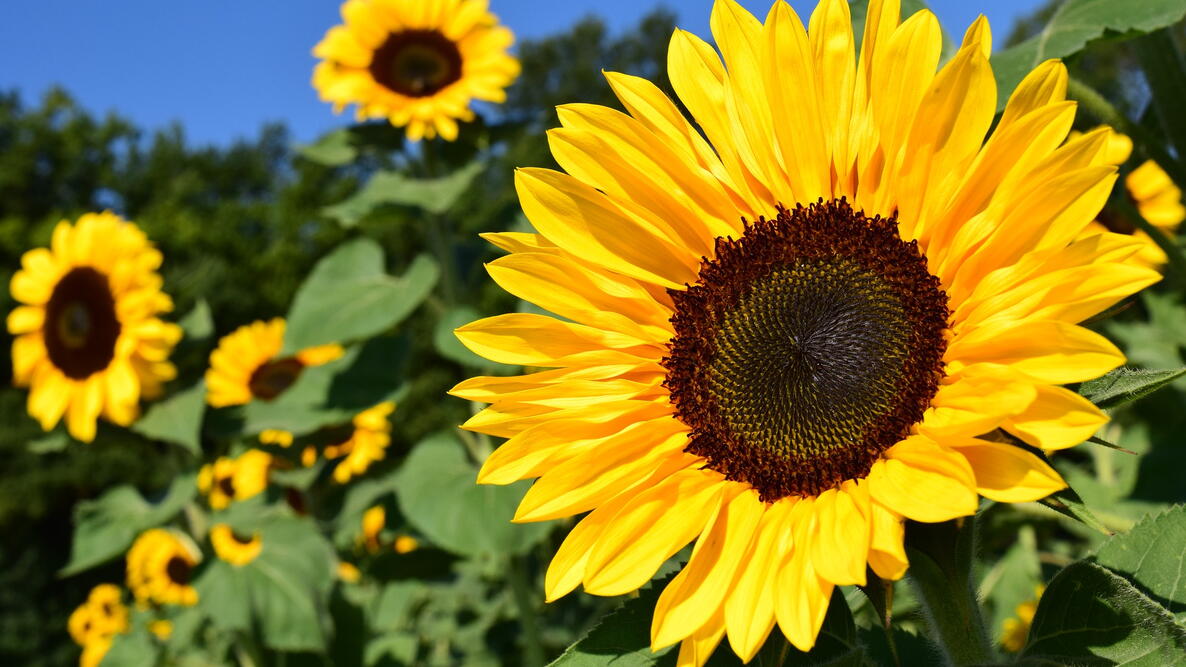
What Plants Should You Avoid Planting Near Summer Squash?
There are a few plants that you should avoid planting near summer squash. These include:
- Cucumbers: Cucumbers and summer squash are both members of the cucurbit family, and they can cross-pollinate. This can result in cucumbers that taste bitter.

- Pumpkins: Pumpkins are also members of the cucurbit family, and they can compete with summer squash for resources.
- Melons: Melons are also members of the cucurbit family, and they can attract the same pests as summer squash.
- Potatoes: Potatoes can harbor a fungus that can cause summer squash plants to develop wilt.
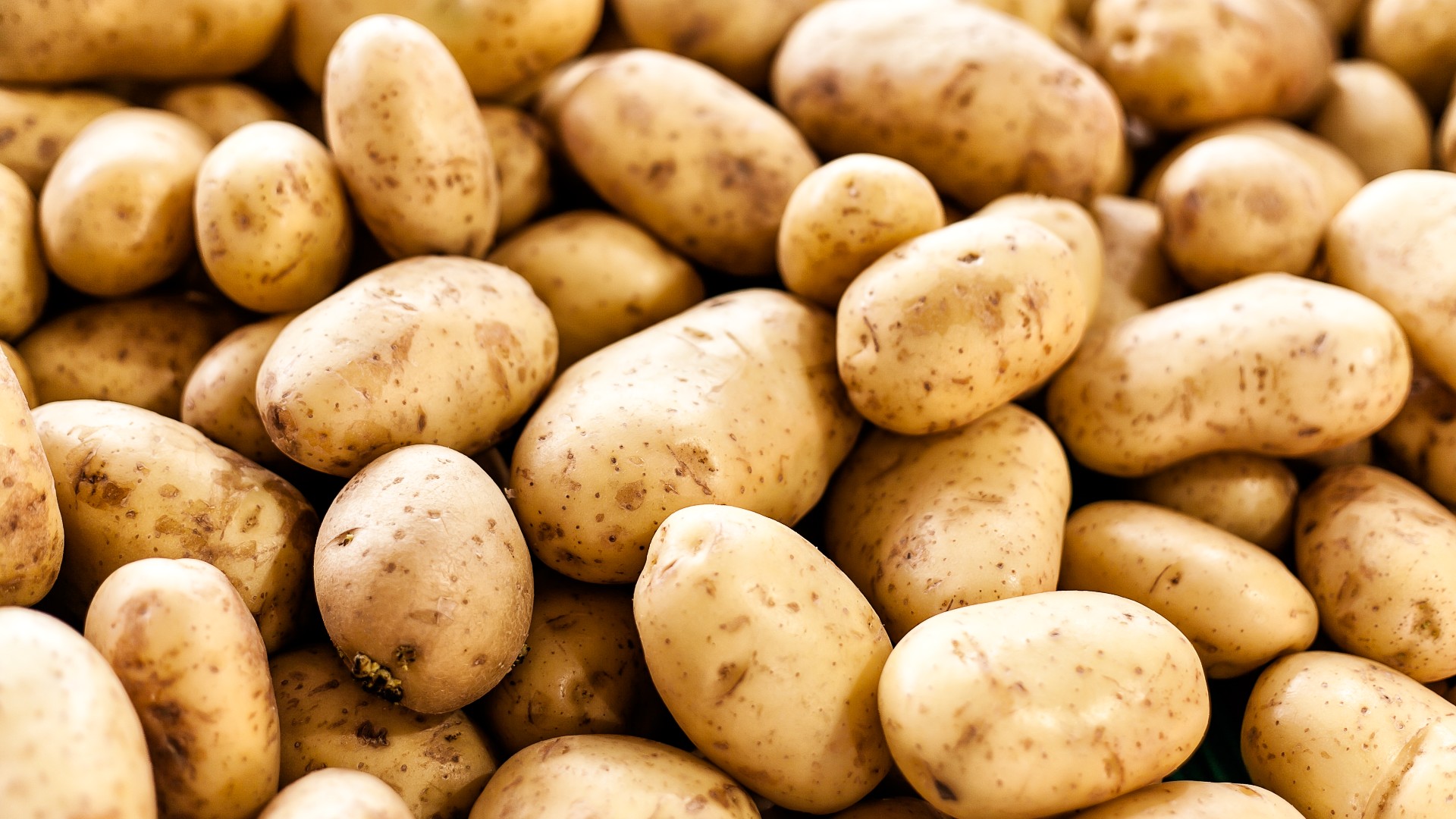
- Eggplant: Eggplant can attract the same pests as summer squash.

How to Plant Summer Squash with Companion Plants
When planting summer squash with companion plants, it is important to consider the size and growth habits of each plant. For example, corn and sunflowers can grow quite tall, so you will need to plant them in the back of your garden. Summer squash plants can spread out quite a bit, so you will need to space them accordingly.
It is also important to plant companion plants that have similar water and sunlight requirements. Summer squash plants need full sun and well-drained soil.
Conclusion
Companion planting can be a great way to improve the health and productivity of your summer squash plants. By planting the right companion plants, you can attract beneficial insects, repel pests, and improve the soil quality.
With a little planning, you can enjoy a bountiful harvest of summer squash all season long.
Summer squash is a delicious and versatile vegetable that can be enjoyed in a variety of dishes. But did you know that there are certain plants that can help to improve the growth and health of your summer squash plants? These are known as companion plants, and they can offer a number of benefits, such as:
- Attracting beneficial insects: Some companion plants, such as marigolds and nasturtiums, attract beneficial insects that can help to control pests.
- Providing shade: Other companion plants, such as sunflowers and corn, can provide shade for summer squash plants, which can help to protect them from the hot sun.
- Improving soil quality: Some companion plants, such as beans and peas, can help to improve the soil quality around summer squash plants, which can lead to better growth.
If you're interested in learning more about summer squash companion plants, I recommend visiting Garden Wiki. This website has a wealth of information on the topic, including a list of the best companion plants for summer squash, as well as tips on how to plant and care for them.
FAQ of summer squash companion plants
- What are some good companion plants for summer squash?
Some good companion plants for summer squash include:
- Corn: Corn provides shade and support for summer squash vines, and it also helps to attract pollinators.
- Beans: Beans fix nitrogen in the soil, which benefits summer squash plants.
- Peas: Peas help to suppress weeds and improve soil aeration, which can benefit summer squash plants.
- Marigolds: Marigolds help to repel pests such as squash bugs and cucumber beetles.
- Nasturtiums: Nasturtiums help to repel pests such as aphids and whiteflies.
- What are some bad companion plants for summer squash?
Some bad companion plants for summer squash include:
- Potatoes: Potatoes and summer squash are both heavy feeders, and planting them together can lead to nutrient competition.
- Cucumbers: Cucumbers and summer squash are both susceptible to the same pests and diseases, so planting them together can increase the risk of infection.
- Pumpkins: Pumpkins and summer squash are both large plants that require a lot of space, so planting them together can crowd out each other.
- Watermelons: Watermelons and summer squash have different water needs, so planting them together can lead to one plant getting too much water and the other plant getting too little.
- How far apart should I plant summer squash?
Summer squash plants need at least 3 feet of space between them to grow properly. If you are planting bush varieties of summer squash, you can space them a little closer together, but 3 feet is still a good rule of thumb.
- When should I plant summer squash?
Summer squash is a warm-season crop, so it should not be planted until after the last frost date in your area. The soil temperature should also be at least 60 degrees Fahrenheit before planting summer squash seeds.
- How do I care for summer squash plants?
Summer squash plants need full sun and well-drained soil. They should be watered regularly, especially during hot weather. Summer squash plants also benefit from being fertilized every few weeks.
Post a Comment for "The Ultimate Guide To Summer Squash Companion Planting"